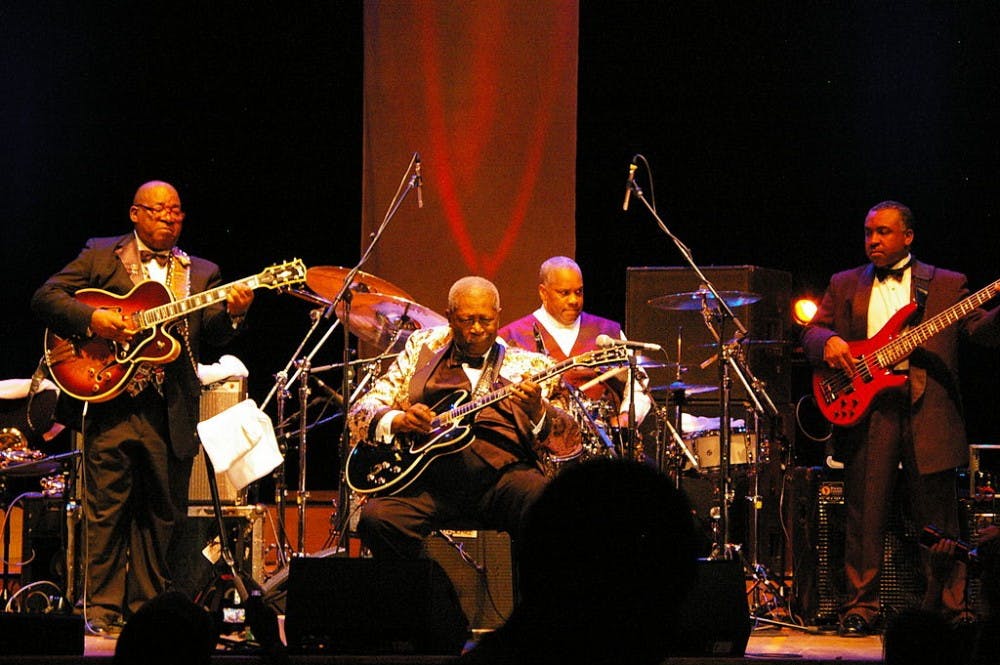A century and a half after the Civil War, contention surrounding the memorialization of the Confederacy, the effects of slavery and Jim Crow laws and the persistence of racism still factor heavily into current events and discussion. The establishment of the plantation system and economy in colonial Virginia defined a Southern society predicated on the belief that the white race was inherently superior to the black race. The modern South continues to grapple with this legacy — with instances of both the romanticization and condemnation of the Old South factoring into dialogues on how to interpret and contextualize the past. However, despite its past institutional and cultural failures, all Southerners today should acknowledge the contributions that the South has made to American and Western culture. Without these contributions, areas including politics, civil rights, music and literature would lack the richness and advancement that we enjoy today. The South today should construct its identity around these accomplishments to foster a Southern character that provides a source of pride for the cultural nation.
The University provides an example of the current discussion surrounding the South’s mixed legacy. Certain members of the University community have increased scrutiny of Thomas Jefferson due to his own prejudices and ownership of slaves — and have debated whether the University should continue to celebrate his legacy. They are right to condemn his role in upholding the institution, and a complete understanding of Jefferson includes both his flaws and his accomplishments. He and other Founding Fathers from Virginia — including George Washington, James Madison and James Monroe — played integral roles in organizing the intellectual and political movement grounded in Enlightenment principles that was the American Revolution. The continued relevance of their work provides prime examples of the positive impact those individuals have had on American culture as a whole.
In response to institutionalized racism in the South, many Southerners — especially those in the black community — contributed towards advancing equality in the South and across the country. Among these are Atlanta native Martin Luther King Jr., who — along with other Civil Rights leaders — provide examples of some of the most influential leadership in American history.
Although racism was and is today an issue affecting the entire United States, landmark events in the South from to education integration efforts in Virginia to King’s march to Selma, Ala. continue to shape the discussion concerning the evolution of equality. King drew from Jefferson and other Founding Fathers to advance the principles embedded in the fabric of our nation, such as the ideal that “all men are created equal.” Their leadership and work continues to influence dialogues and policy decisions today.
In addition to influencing political movements in America, the South has contributed significantly contributed towards the arts. These contributions include its influence on music — especially in the country, rock, bluegrass, blues and jazz genres — with African-American musical traditions heavily influencing the work of several prominent artists. Louisiana native Hank Williams Jr. and Arkansas native Johnny Cash remain some of the most popular and influential country artists, Mississippi native B.B. King advanced blues music and Elvis Presley — another Mississippi native — ushered rock music into the modern era. Not only do these genres make up a significant portion of music by themselves, but their influences on others including pop, rap and hip-hop serve as testaments to their enduring relevance.
One of the most significant cultural contributions of the South is its literary tradition. The likes of William Faulkner, Robert Penn Warren, Flannery O’Connor, Harper Lee and William Styron have produced some of the most significant pieces of literature in the English language and compose an integral part of the American literary canon. Many academics in English regard Faulkner — the University’s Writer in Residence from 1957 to 1958 — among the greatest novelists to ever live, with his masterpiece “Absalom, Absalom!” and other works earning him the Nobel Prize in literature.
While Southern writing incorporates numerous themes, it is especially relevant in describing the challenges of overcoming prejudice and the complex social dynamics that existed between whites and blacks both before and after the Civil Rights movement. Works such as Lee’s “To Kill a Mockingbird” provide a more complete understanding of the shared history of America — and serve as examples that can inform contemporary issues.
The shape that Southern pride takes reflects ongoing debates on which parts of its history and culture Southerners wish to celebrate. These debates are especially relevant to Virginians. The Commonwealth’s capital Richmond once served as the capital of the Confederacy. Richmond’s Monument Avenue — regarded as one of the most iconic streets in the South — features memorials to several prominent Confederate leaders. While the Civil War will always define Southern history and impact its culture, there is much more to the South than the years from 1861-1865. The South continues to evolve with the rest of the country, and a complete understanding must include multiple aspects of its rich and varied history.
Thomas Ferguson is an Opinion columnist for The Cavalier Daily. He can be reached at opinion@cavalierdaily.com.





